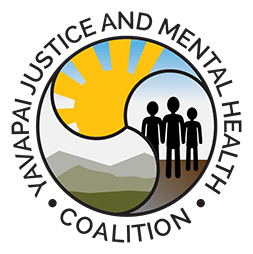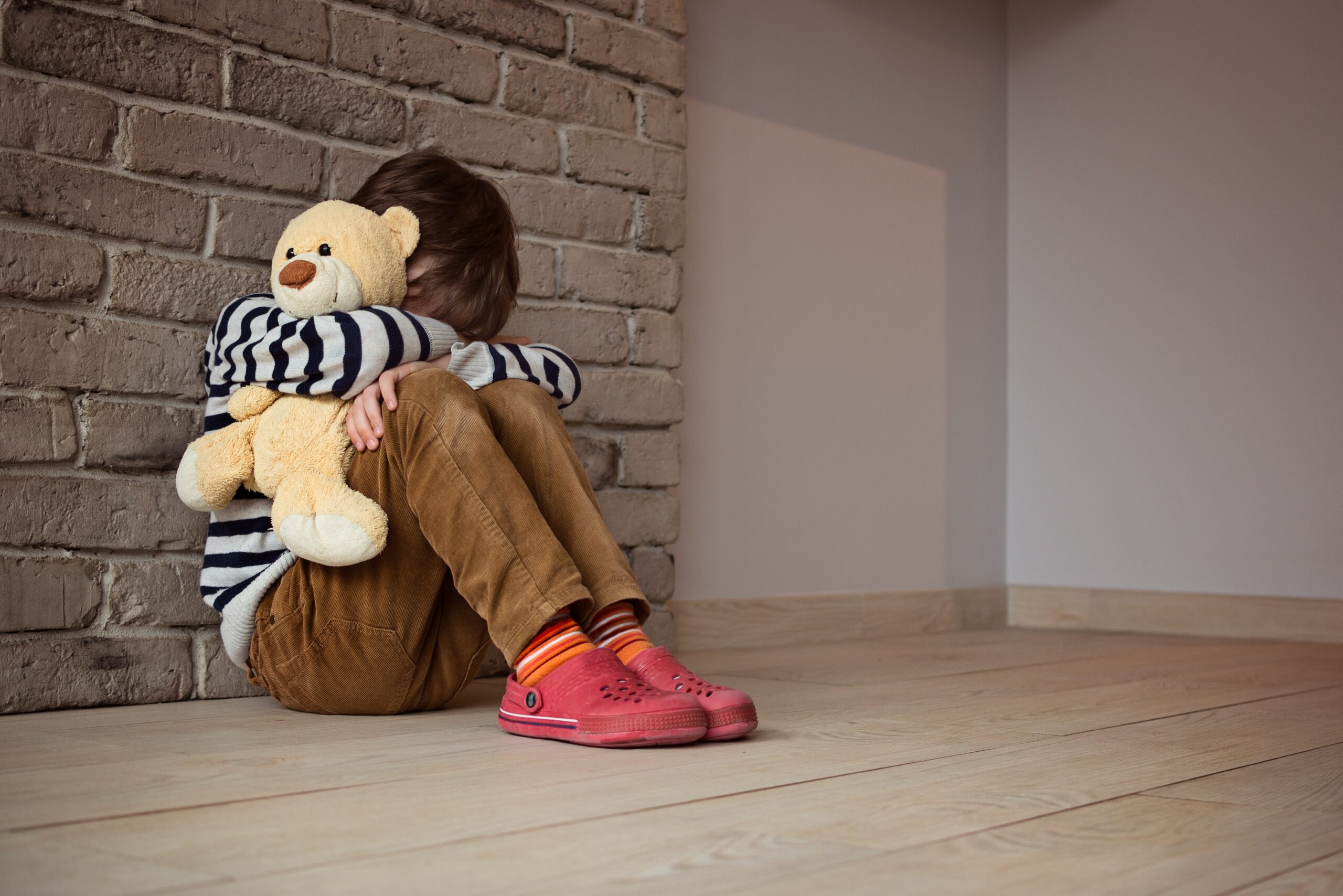Our childhood experiences shape who we become as adults. And a “normal” childhood isn’t always the case for many of us. Adverse childhood experiences (ACEs) can play a significant role in our health, access to basic needs, and even justice system involvement. Learn more about ACEs and their effect below.
What Are Adverse Childhood Experiences?
Childhood has its ups and downs, but some children experience severe trauma at a young age. Adverse childhood experiences can include, but are not limited to:
- Abuse, including domestic violence and sexual abuse.
- Neglect, either emotional or physical.
- Substance use or alcoholism in the household.
- Having an incarcerated family member, especially a parent.
- Parental separation, or divorce.
How Do Adverse Childhood Experiences (ACEs) Impact Development?
Scary or traumatic events trigger our fight or flight response, causing our body to release cortisol in preparation for action. Long-term exposure to stress can have significant negative effects on our body—especially for children who may not know how to process or express their emotions. Adverse childhood experiences can negatively impact an individual’s health and wellness, including:
- Homelessness.
- Alcoholism and/or substance use.
- Heart and/or liver disease.
- Intimate partner violence.
- Suicide attempts.
ACEs may also increase the likelihood of a person’s involvement with the justice system. A study by Edalati et al. found that “a history of childhood physical abuse has been found to significantly increase the risk of delinquent behaviors, arrest, incarceration, and negative police encounters among homeless individuals.”
How to Offset the Impact of Adverse Childhood Experiences
The CDC-Kaiser ACE Study found that two-thirds of participants had experienced at least one ACE, while 20% reported experiencing three or more ACEs during their childhood. The more ACEs an individual is exposed to, the more likely they are to experience negative outcomes, including involvement in the justice system.
Creating a loving, nurturing environment for children can help offset an ACEs’ impact and encourage positive development. The study by Edalati et al. also underscores the importance of community support: “intervention efforts should include not only providing housing services, but also implementing community-based interventions, treating mental illness and substance use problems, and addressing family and employment problems.”
At the Yavapai Justice and Mental Health Coalition, we believe that holistic, collaborative community efforts will provide multiple opportunities for lives to transform. Visit our website to learn more about our efforts.

